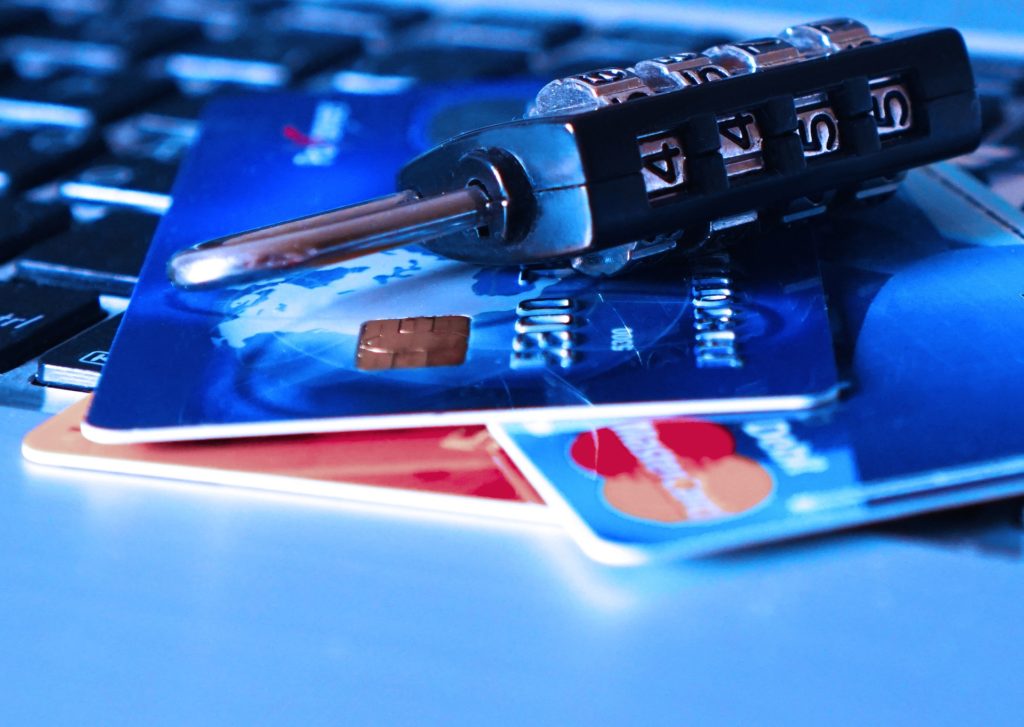 Our entire lives are practically on the internet. If it isn’t on the internet, it is on a computer or hard drive somewhere. From passwords to health records to employment, our lives are embedded in a computer in some way! So, how do you protect yourself from a cyber attack? Here are some tips to ensure you and your information stay safe!
Our entire lives are practically on the internet. If it isn’t on the internet, it is on a computer or hard drive somewhere. From passwords to health records to employment, our lives are embedded in a computer in some way! So, how do you protect yourself from a cyber attack? Here are some tips to ensure you and your information stay safe!
- WiFi – if you are on a WiFi in a public place, do not work on items that should stay confidential. Public WiFi networks are not protected and any information worked on while connected is vulnerable to an attack
- Passwords – do not use the same password for everything, and make sure the passwords include an uppercase, lowercase, multiple symbols, and numbers. Cyber attackers are very good at cracking passwords, especially if they don’t involve symbols.
- Payment information saved – it is much better to re-enter your credit card or checking account information (which takes approximately 15 seconds) than to risk the information be hacked. Although it is faster and easier, it is not worth your account being hacked and possibly even your identity stolen
- Firewall – make sure your firewall and security software is all up to date! Microsoft shows those Windows 8 users that are running expired anti-virus software are 4 times more likely to get infected
- Emails – if you are not familiar with the sender, do not open the email; if you are familiar with the sender and the information or an attachment/link looks fishy, contact them to make sure they sent the email. Also, stay away from sending personal information over email (i.e. SSN, birthday, payment information, address)
Most importantly, be aware! Studies show that companies are most vulnerable because of the employees, not the hackers. Educate your employees, friends, and family to cyber attacks and how they can stay safe!
